Living Positively:
Redefining HIV Care for the 50+ Community
Presenters:
• Shauna R. Cooper, MPH (ROC4Aging+ Ribbon)
• Bianca Hannon,MSW, and Elena Hampton Stover, LMSW (PASWHA)
• Luis Nava (Latino Commission on AIDS)
• Joe Robinson (THRIVE SS)
"Aging is not 'lost youth' but a new stage of opportunity and strength."
— Betty Friedan
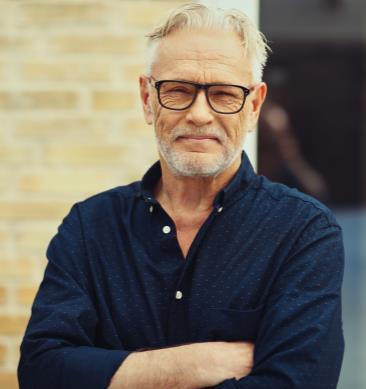
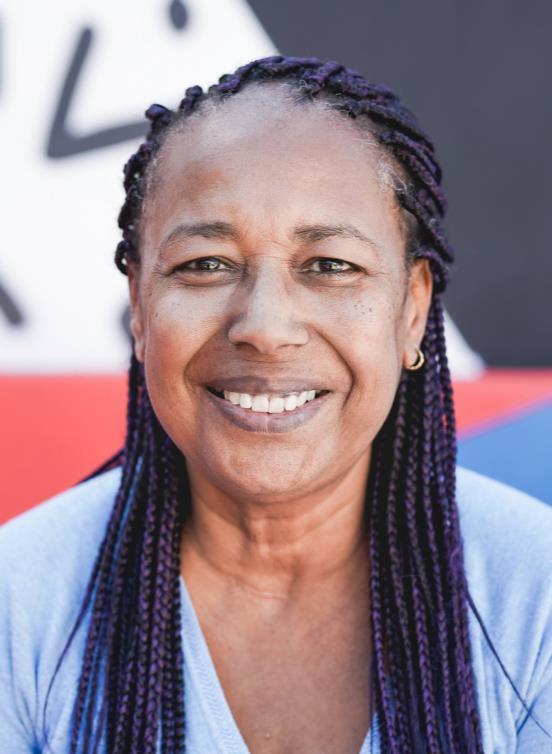
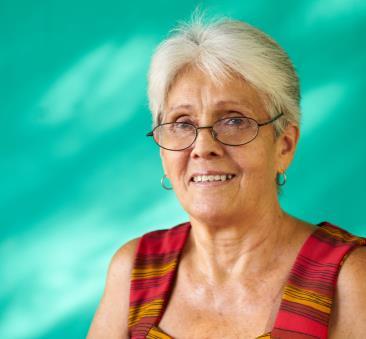
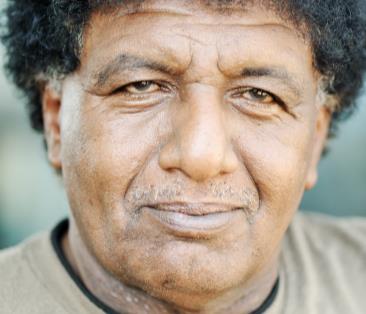
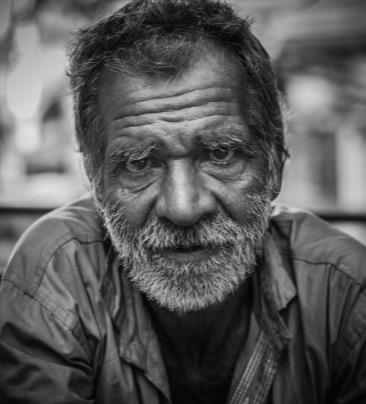

AGENDA HIV and Aging Gilead’s Response What You Will Learn Today 01. Community Initiatives Q & A and Discussion ClosingRemarks 02. 03. 04. 05. 06.
HIV & AGING
Prevalence of HIV in Older Adults
• Prevalence
• Recent Trends and Data
• Regional Variations
Trends in PLWH Who are Aging
• Shifting Age Demographics
• Longevity and Treatment
• Challenges Faced
Key Demographic Insights
• Gender and Age Disparity
• Racial and Ethnic Considerations
• Socioeconomic Factors
GILEAD’S RESPONSE
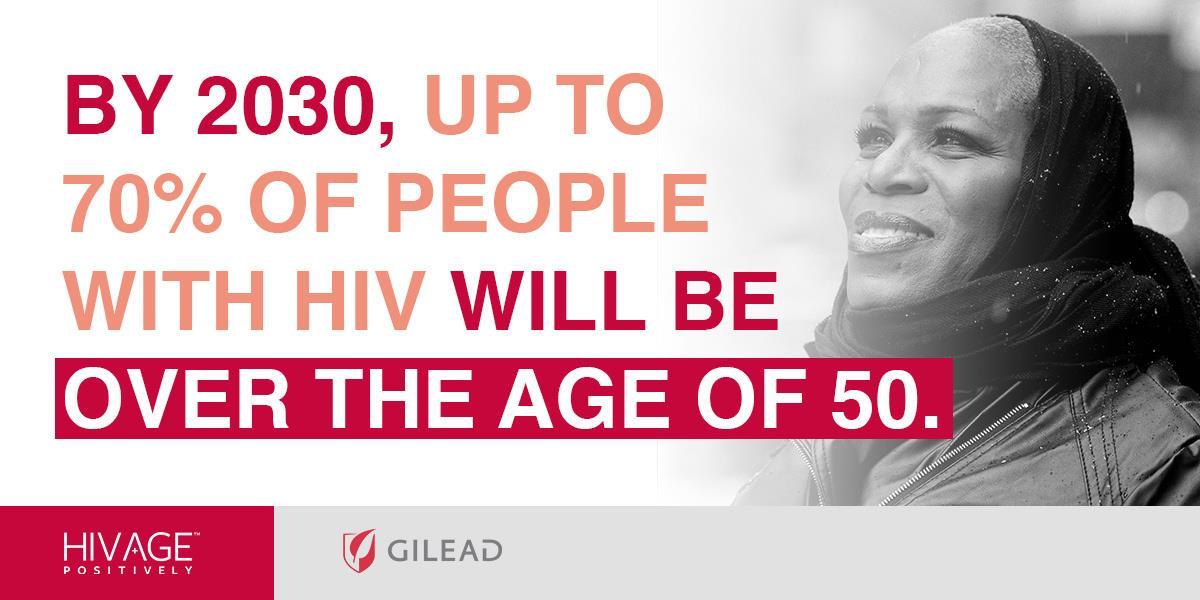
• Gilead’s Commitment
• Goals and Objectives
• Impact and Reach
ABOUT ROC4AGING+
Our Framework
Our Role
Our Levels of Support
CONTACT US
Shauna R. Cooper, MPH Director of Programs
srcooper@ribbon3.org
Website: ROC4Aging.org

PRESENTATIONS AT A GLANCE
Understandingthe Unique Needs of Aging PLWH
NavigatingCo-morbidities
Strategies to Combat Stigma and Ageism
AddressingSocial Determinants of Health
TEACHING METHODS
• Didactic Teaching
• Interactive Case Studies

• Group Discussions
• Q&A Discussions
• Success Stories from Gilead
Grantees
GRANTEE INTRODUCTIONS
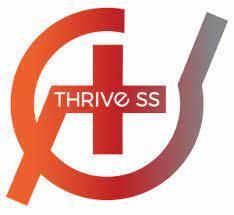
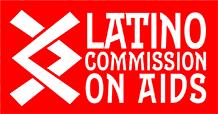

HIV Age Positively: A Social Work Initiative
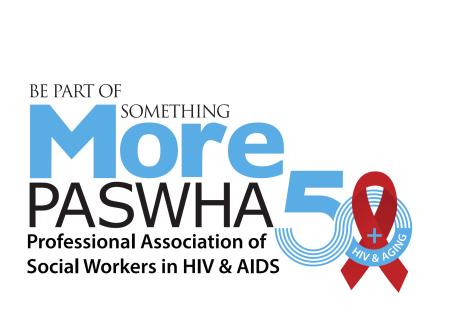
Bianca Hannon, MSW
Elena Hampton-Stover, LMSW
To inform the plans for this initiative, we conducted:
A National Survey for social workers who work with older clients living with HIV

A National Survey for older clients living with HIV

•
•
SOCIAL (Social Change, Innovation And Leadership) Initiative
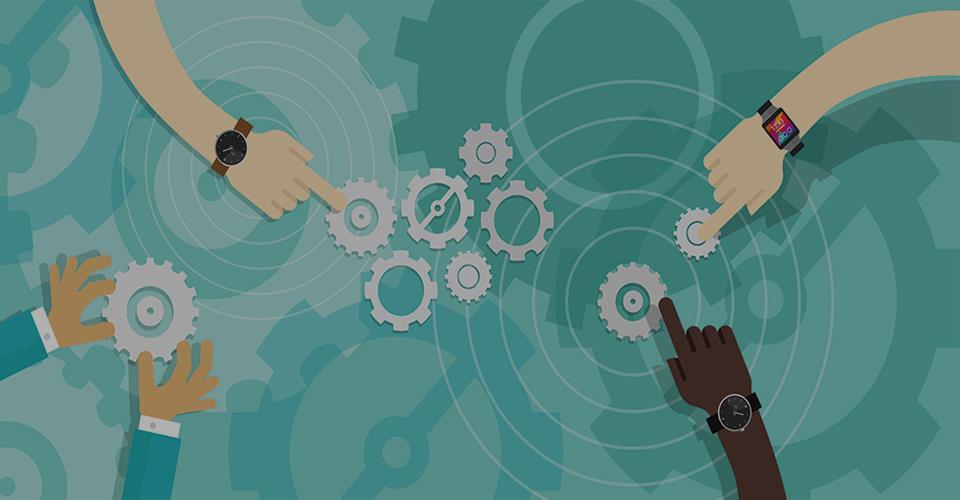
AGING MENTAL HEALTH HOUSING FAITHBASED


What have you experienced trying to work with these siloed systems?




HIV and Aging: A Social Work Response Certification

Professional Topics of Interest

Linkingclients with meaningful work / “encore careers”
AssessingSocial Supports (emotional, economic, tangible) and Loneliness –43%
Dementia(s)vs. Delusion Assessment –56%
44%
Long-term Care / Assisted Living/ Home Health Care Financial Stressors Assessment –55% Mental Health (including discerningco-morbidities) –
44%
–
How do these responses reflect what you are interested in learning?


BIOLOGICAL AND HEALTH ISSUES

Learning Areas
MENTAL HEALTH
SOCIAL AND CONTEXTUAL ISSUES
EQUITY
What Did We Learn?
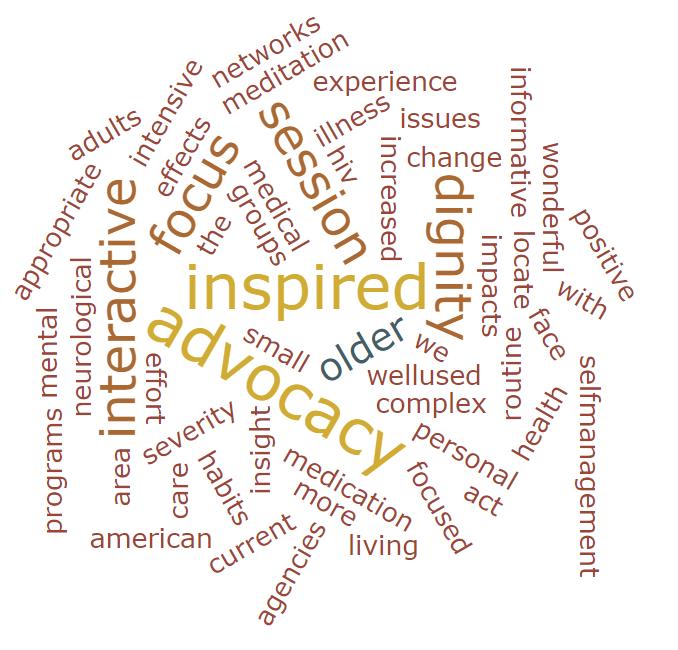


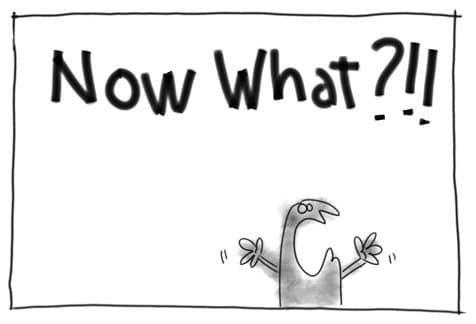
Advocacy Toolkits

How many of you are case managers or provide direct care?

What role play do you think you should play in policy/advocacy?

Goal of Advocacy Toolkits
• To provide actionable steps for social workers to be engaged in policy advocacy
• Help professionals in direct service know the flow of federal funds to the local level
• Increase the feedback loop between community planning groups and direct practitioners in HIV field

Hispanic/LatinxAging with HIV/AIDS

Despite being the fastest-growing ethnic group in the country, Hispanic/Latinx individuals face significant obstacles and inadequate healthcare options compared to their white counterparts at every stage of the HIV fight.



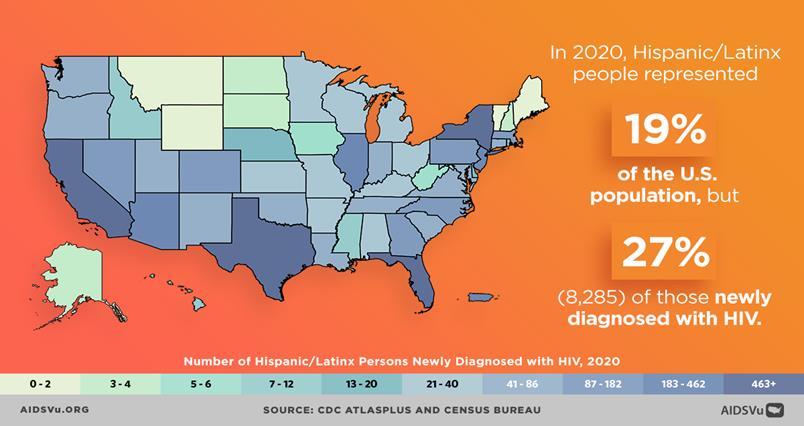
Hispanic/LatinxAging with HIV/AIDS

It is essential to recognize our specific needs, includingaspects such as immigration, language, access to services, ageism, internalization of stigma and discrimination, and seeking solutions to counter the stigmatizing messages surroundingus.

Hispanic/LatinxAging with HIV/AIDS

The prevailing barriers are of a structural nature, rooted in various forms of discrimination and prejudices such as racism, heterosexism, transphobia, colorism, sexism, classism, ableism, and ageism.

Hispanic/LatinxAging with HIV/AIDS

Social forces such as poverty, racism, and heterosexism negatively impact psychological wellbeing and contribute to behaviors that increase the vulnerability of the Latino community to HIV, thus deteriorating the overall health of the population.

Hispanic/LatinxAging with HIV/AIDS

It is concerning that both federal and local health and government service sectors, as well as many physicians in various communities, fail to comprehend the complexity and diversity of the Hispanic/Latinx community as a whole. This lack of understandingcontributes to the perpetuation of inequalities and barriers in healthcare and the health services to which they have access.

.
Hispanic/LatinxAging with HIV/AIDS
- Health disparitiesrelated to HIV are especiallypronouncedin Hispanic/Latinx communities.Thesecommunitiesnot only experiencea disproportionateHIVimpactbut also facesocial determinants ofhealth that oftenresult in poorhealth outcomes.In 2020,18%of Hispanic/Latinx individuals in the U.S. lived in poverty, comparedto13% of the overall population.Likewise,18%lacked health insurance, while only 9% of the total populationwas in the same situation. Moreover,19% of all Hispanic/Latinx individuals in the U.S. sufferedfromfoodinsecurity,comparedto 12%of the general population.

.
- Additionally, concernabout immigrationstatus can pressure minority and immigrant communities,leading them to avoid healthcare servicesdue to fears aboutthe consequences anHIV diagnosiscouldhave on their residential securityin the U.S.



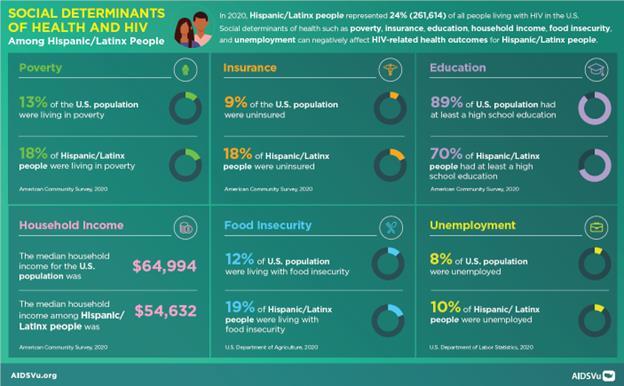


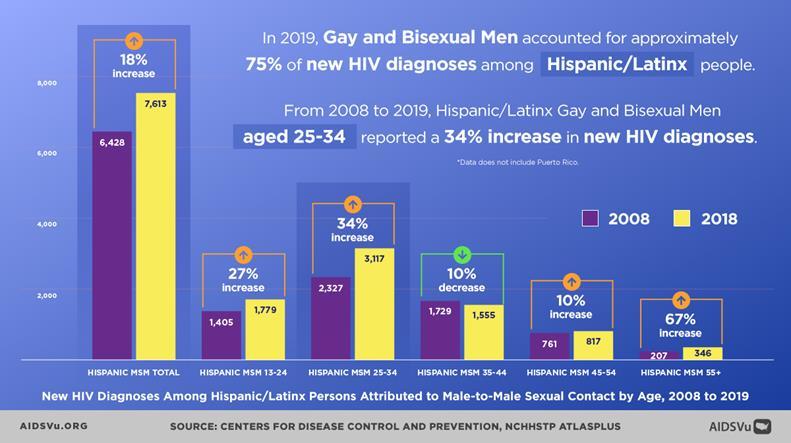


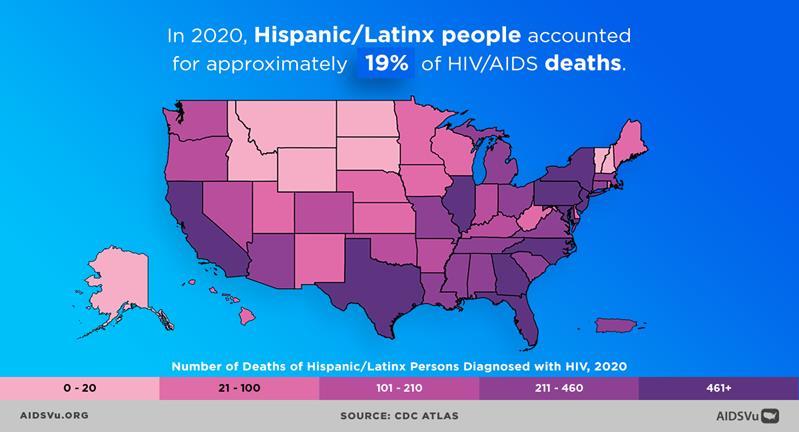
People with HIV/AIDS USA 2020


PWH-USA HPWH-USA HPWH 45+
1,200,000 261,524 154,894 21.79% 59.22%
Hispanic/LatinxAging with HIV/AIDS


The lack of HIV medicalcare forthe Latino populationin the United States can be related to a range ofcomplexand interconnected factors.Somepossiblecausesinclude:
1.- EconomicBarriersand Access toHealth Insurance
2.- Lackof Informationand Education
3.- Stigmaand Discrimination
4.- Linguistic and Cultural Barriers
5.- Fearof Deportation
6.- LimitedAccessto Healthcare Centers
7.- Distrust in the Healthcare System
8.- RecentMigration
9.- Lackof Awarenessof Available Services
10.Lackof Emotional Support
Hispanic/LatinxAging with HIV/AIDS

Conclusion
Itis important to addressthesebarriers froma comprehensive perspectiveinvolving healthcare providers,community organizations, cultural and governmental leadersto ensure that Hispanic/Latinx communitiesin the United States can access appropriatemedicalcare and treatment forHIV.




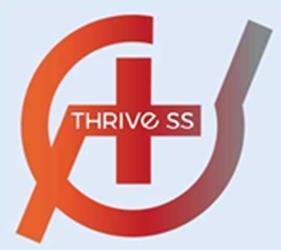
Claude Bowen
Nathan Townsend
Malcolm Reid
CO-FOUNDERS OF THE SILVER LINING PROJECT
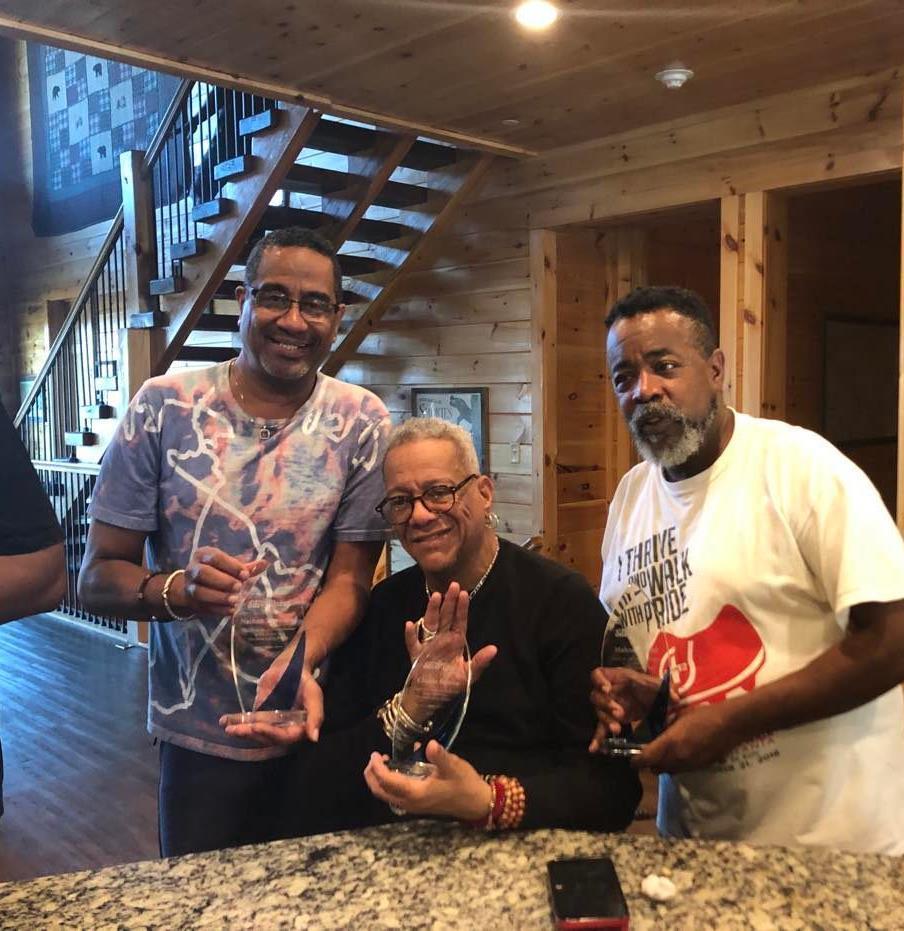

WWW.THRIVESS.ORG/SLP
SILVER SKILLS CURRICULUM
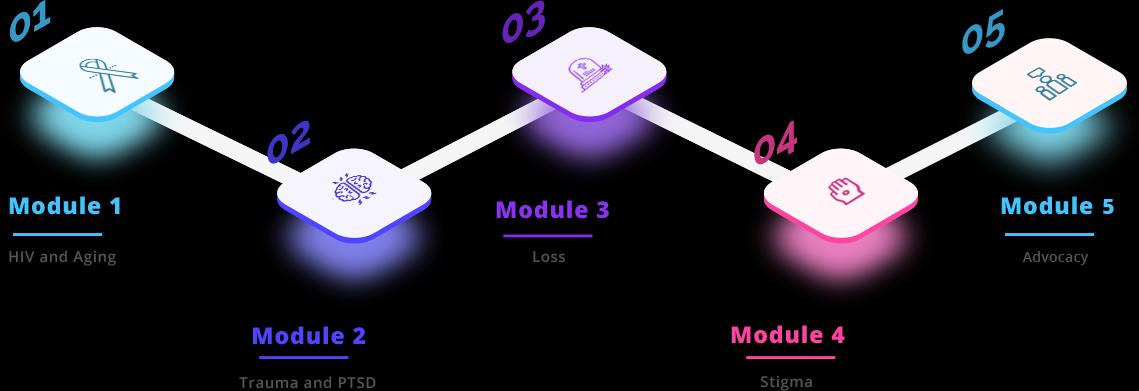

WWW.THRIVESS.ORG/SLP
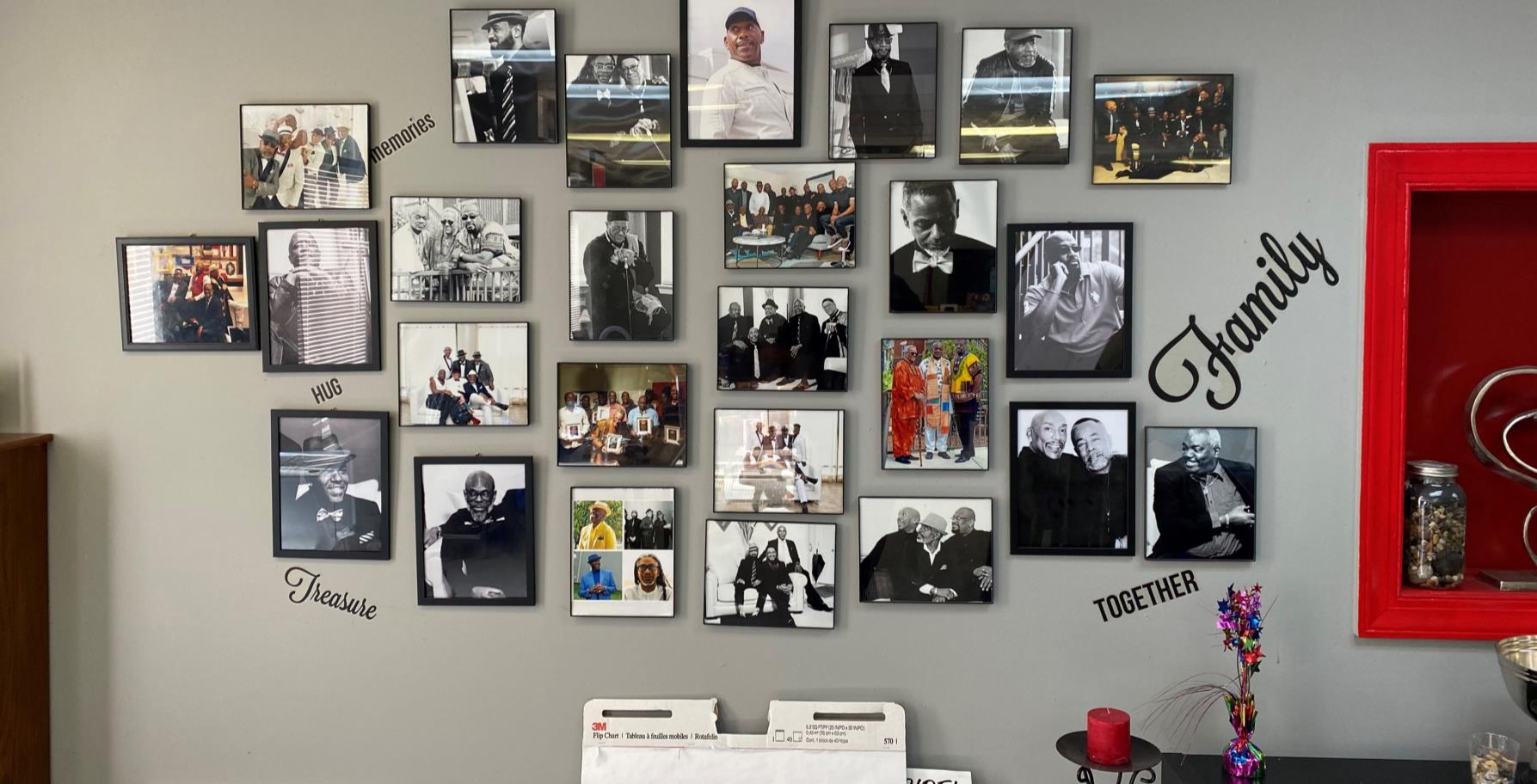
WWW.THRIVESS.ORG/SLP
THE SILVER LINING SUITE

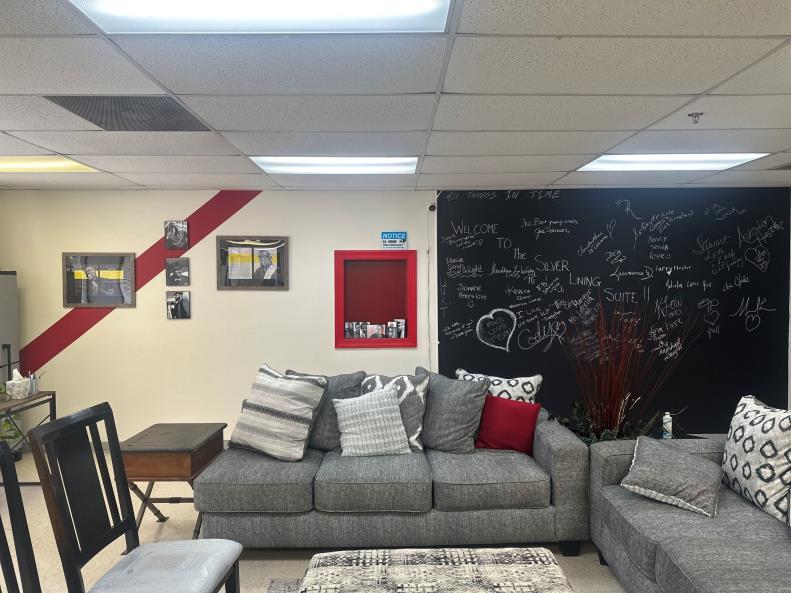
WWW.THRIVESS.ORG/SLP
1ST PHOTO SHOOT
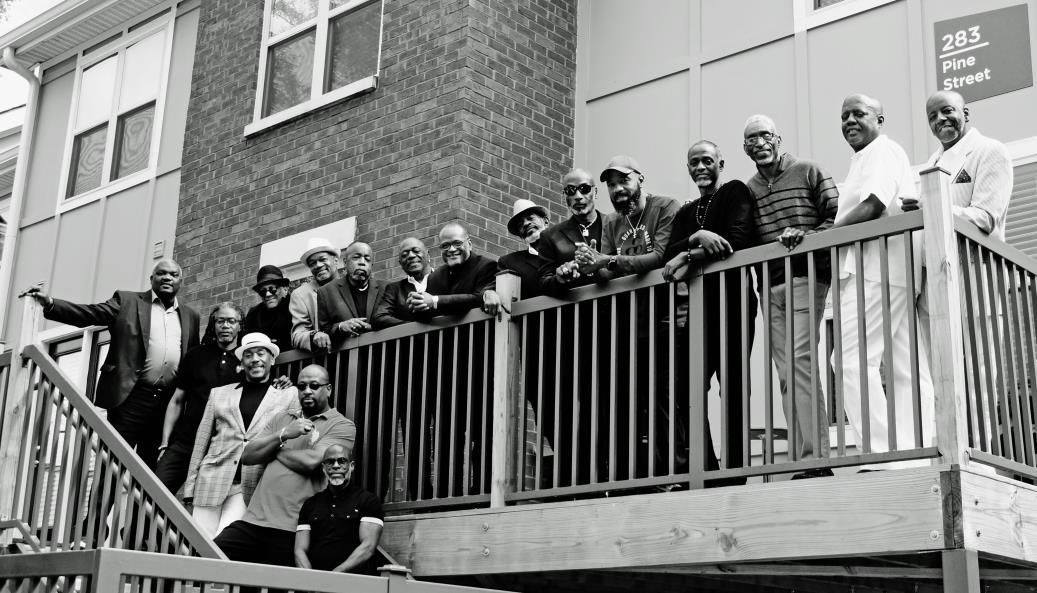
WWW.THRIVESS.ORG/SLP
I THRIVE BECAUSE I SWALLOW

WWW.THRIVESS.ORG/SLP
OBA ROUNDTABLE
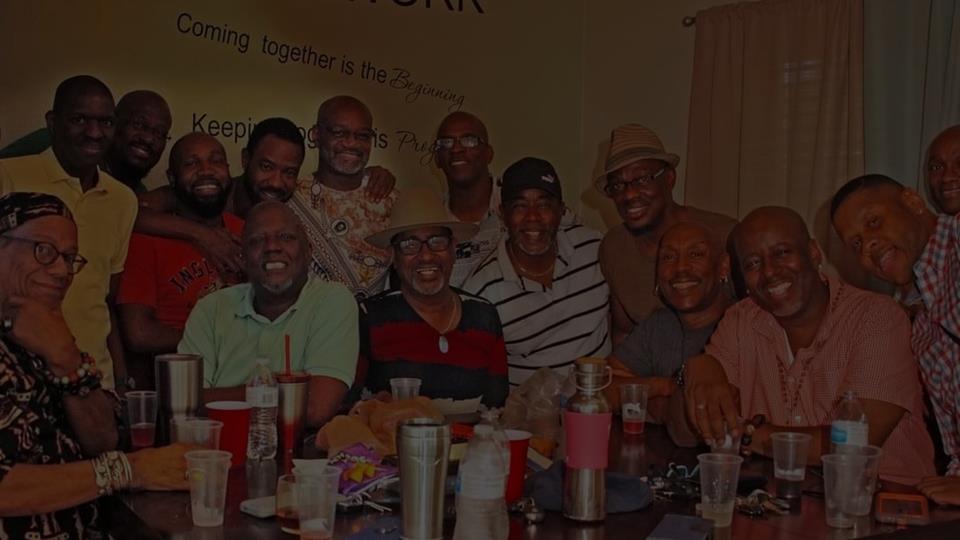
THE OBA’S
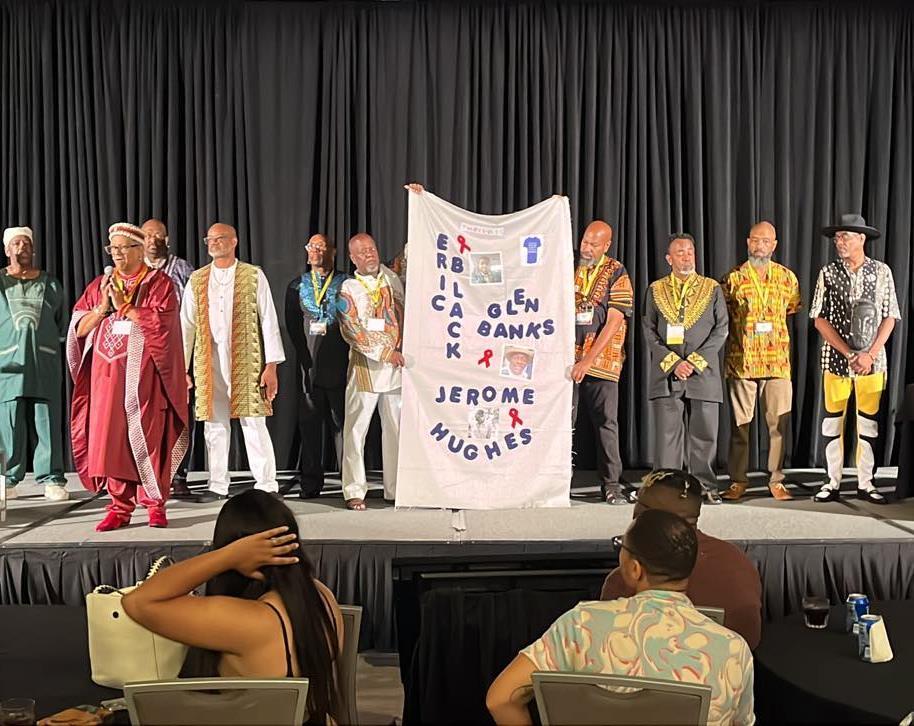

WWW.THRIVESS.ORG/SLP
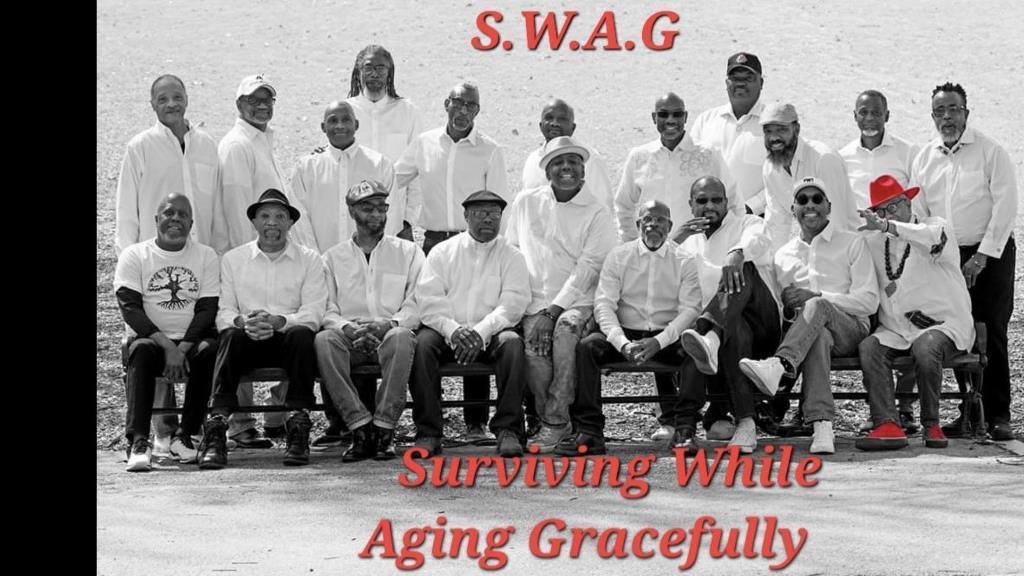
WWW.THRIVESS.ORG/SLP
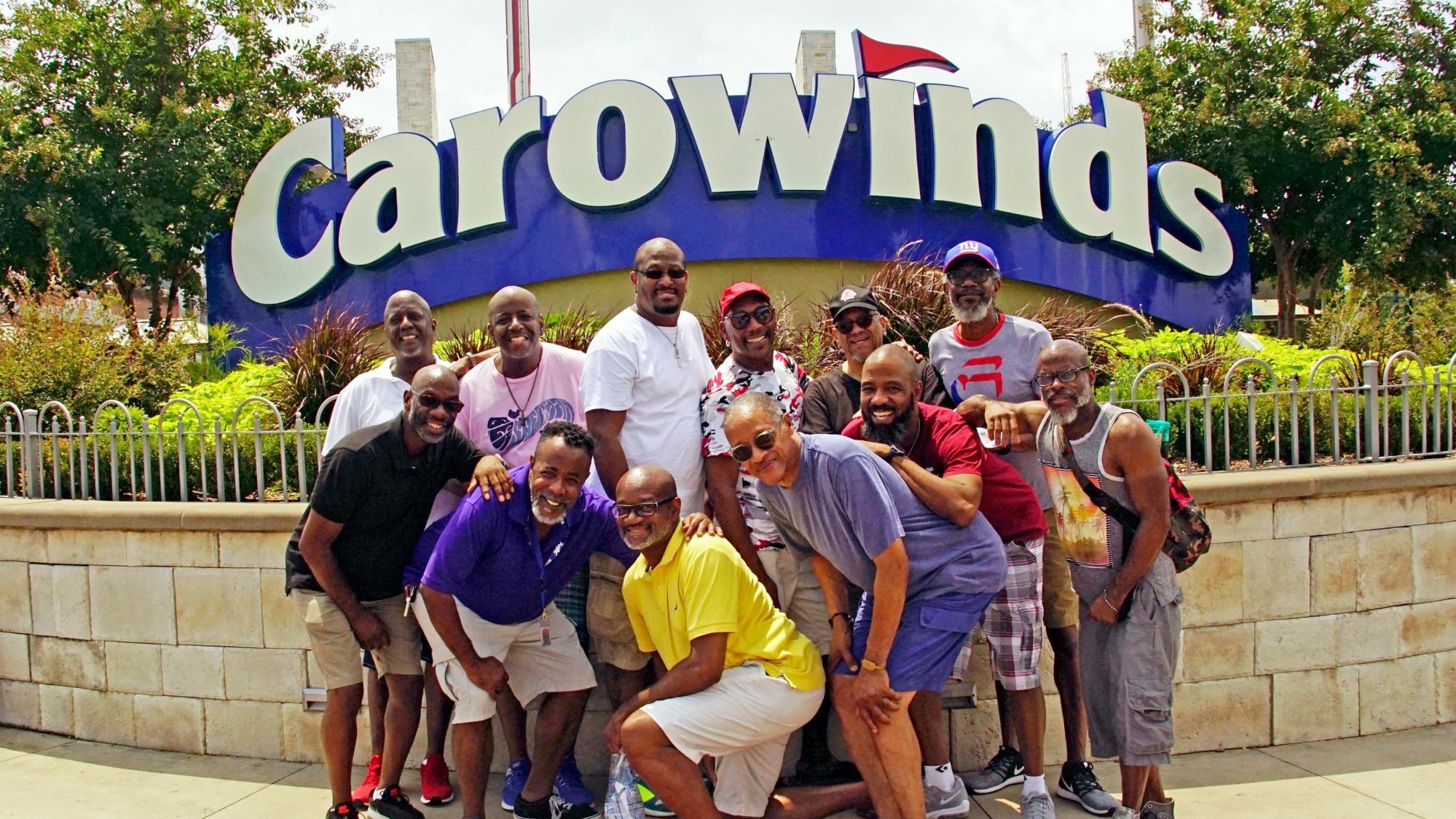
WWW.THRIVESS.ORG/SLP
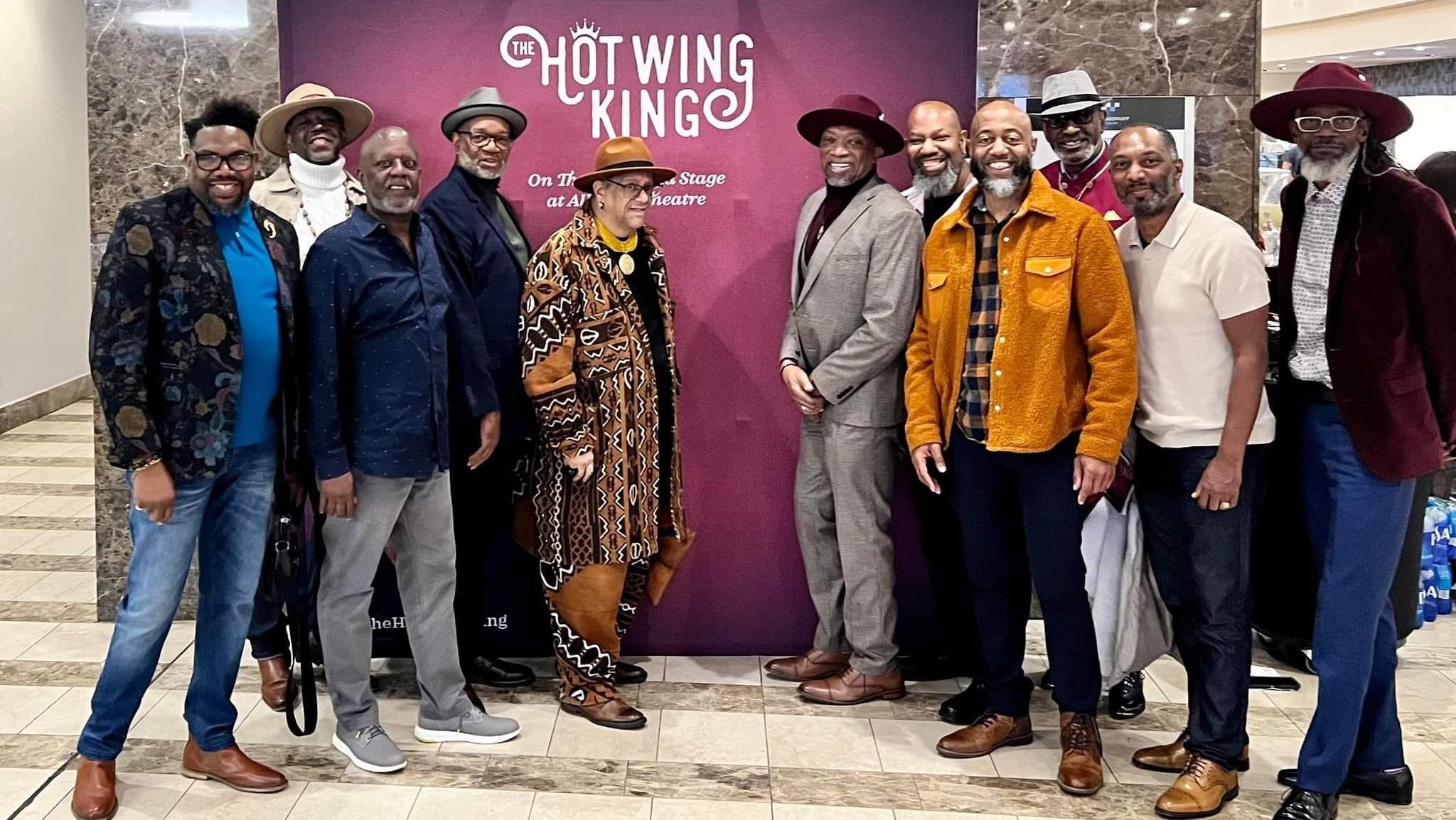
WWW.THRIVESS.ORG/SLP
PEARLS OF WISDOM
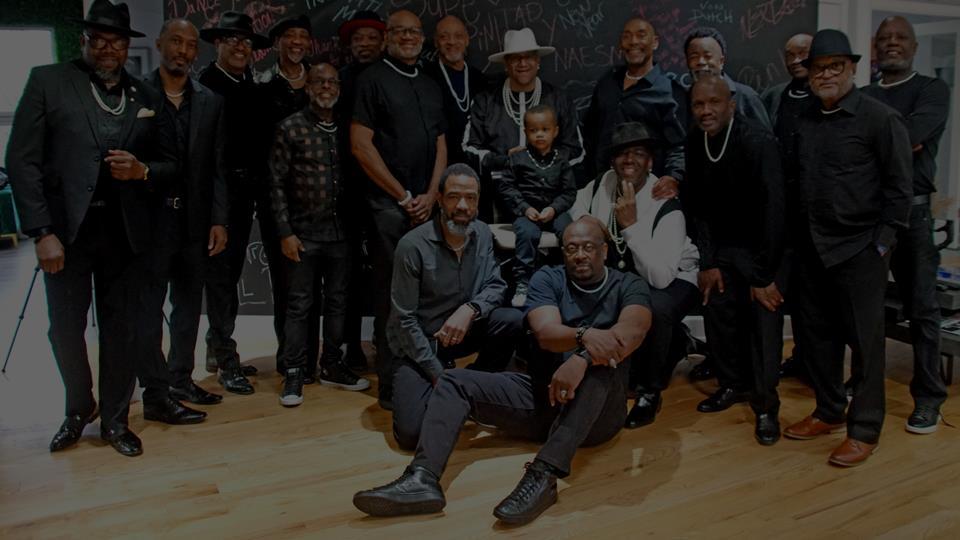
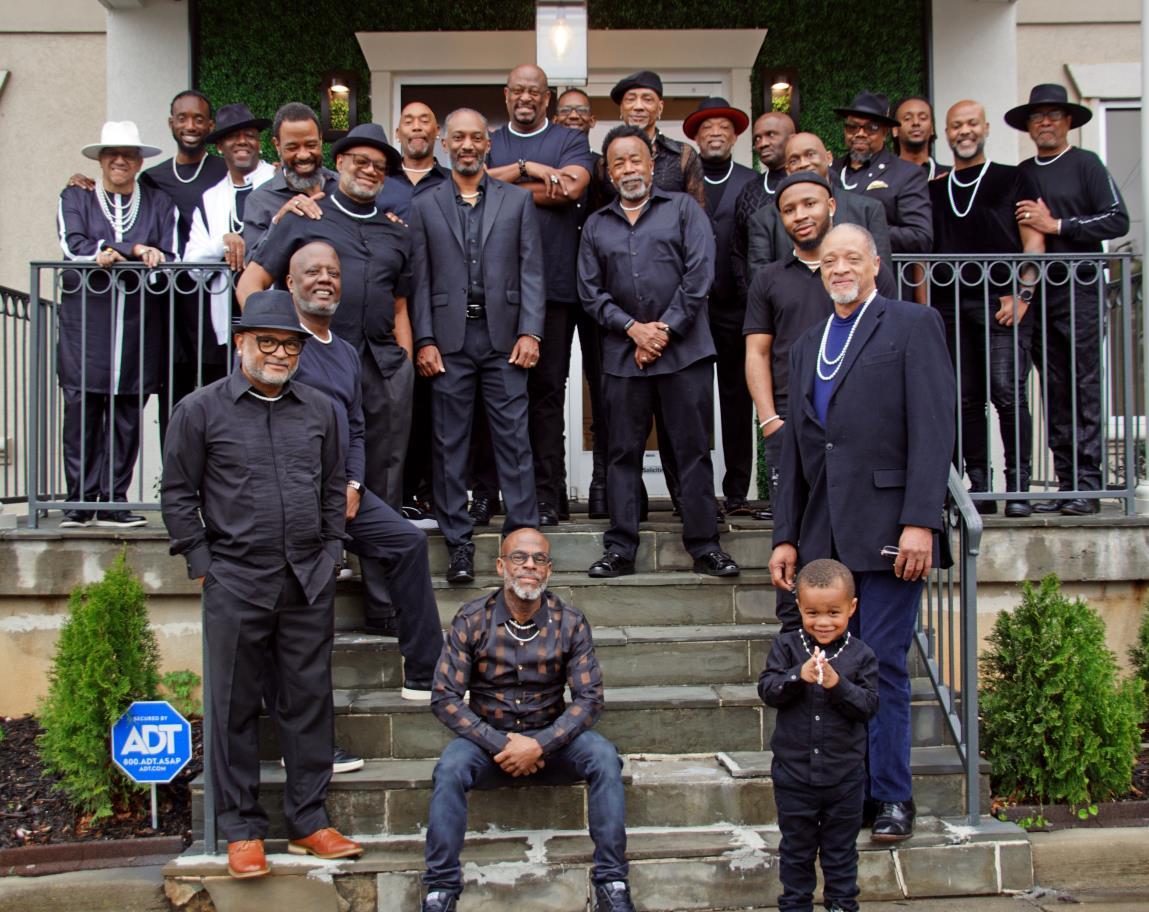
WWW.THRIVESS.ORG/SLP
THE STAFF
Joe Robinson – joe@thrivess.org

Darryl (DC) Branch – dc@thrivess.org
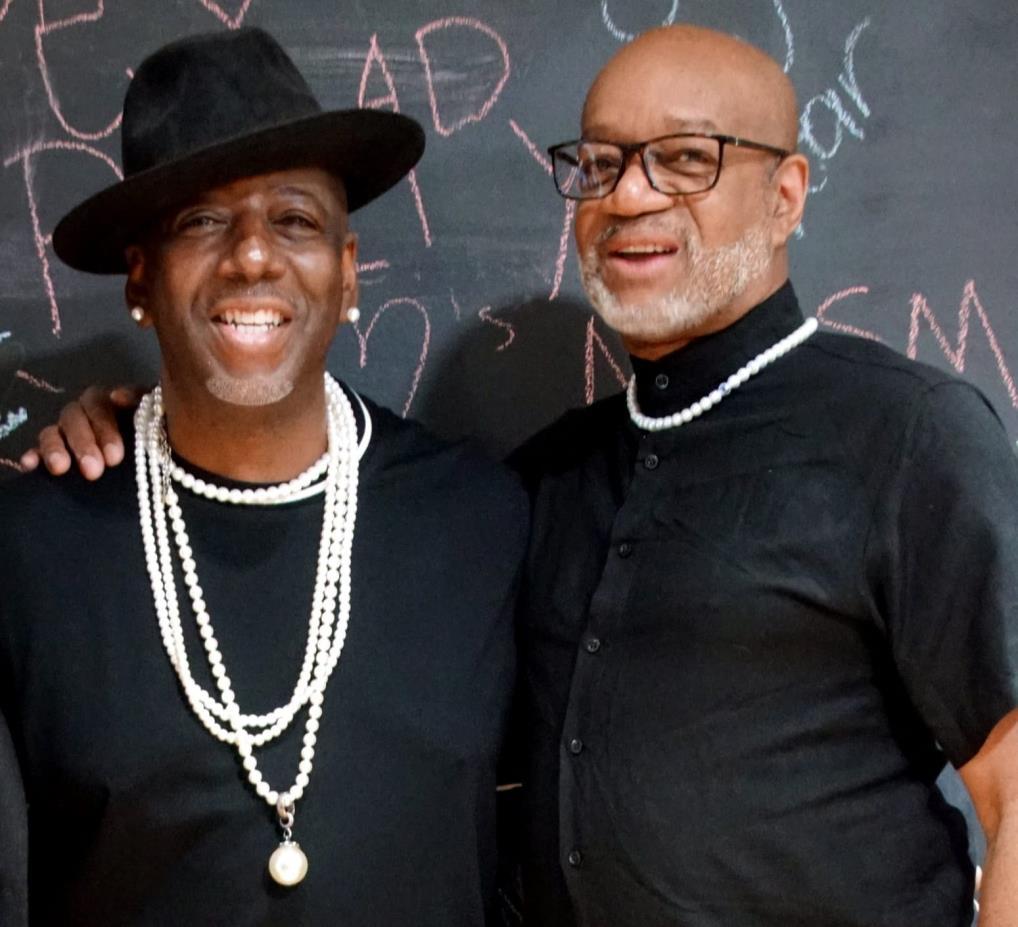

WWW.THRIVESS.ORG/SLP

















































